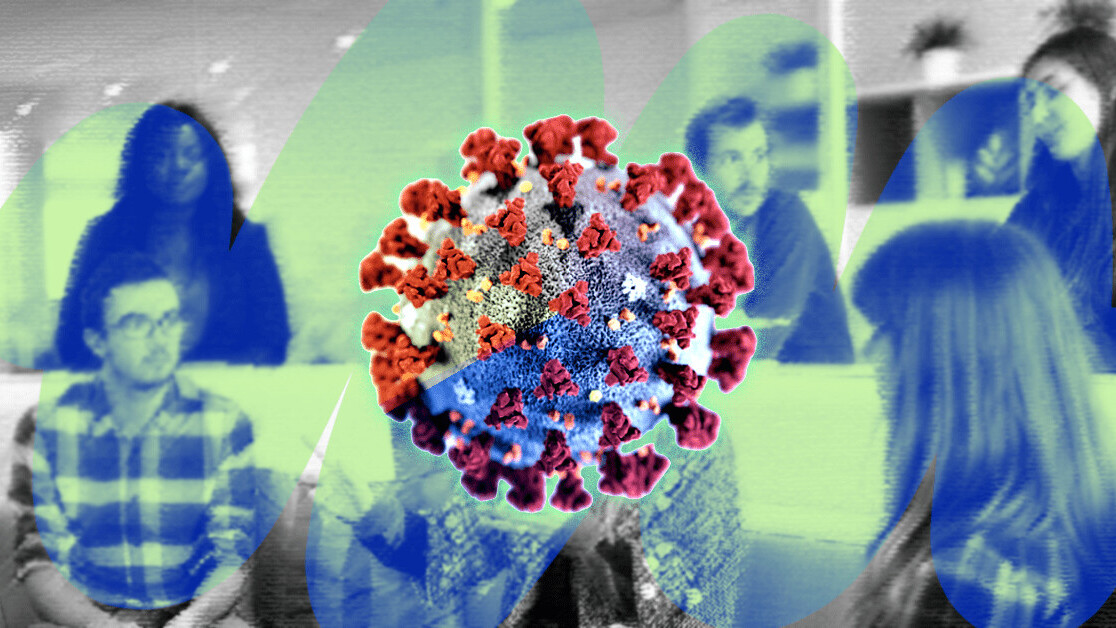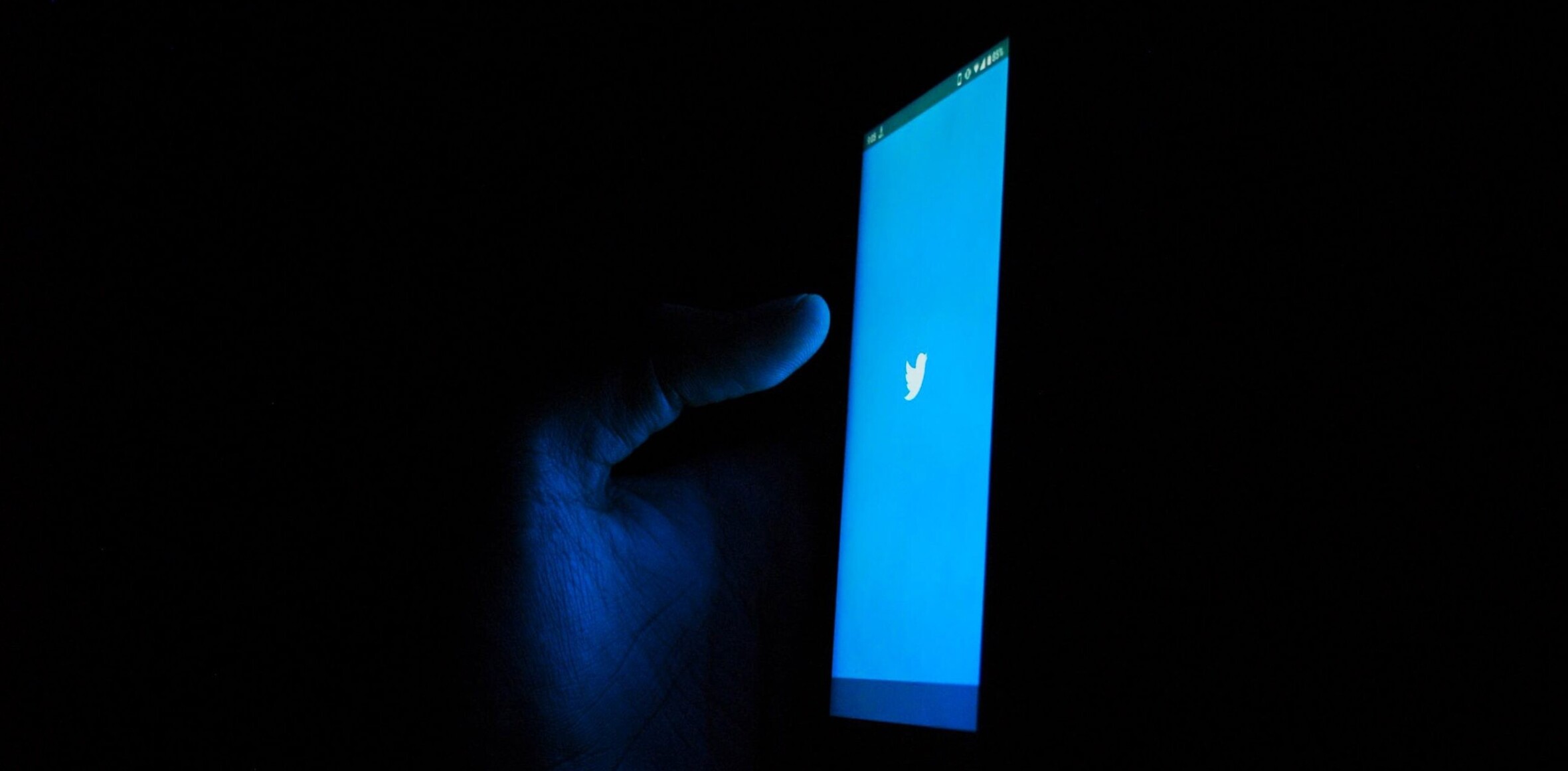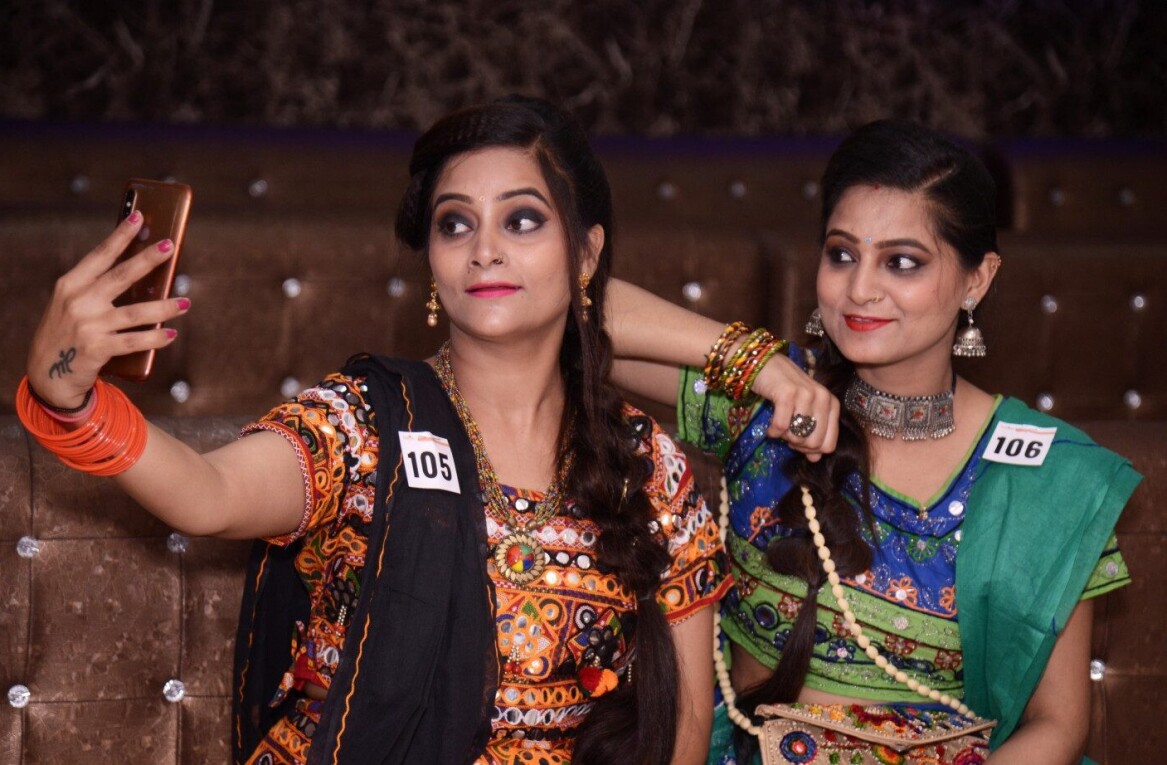
The Indian government has asked social media companies such as Twitter, Facebook, and Instagram to remove all posts that refer to one of the new coronavirus strains as the “Indian variant.”
In a notice issued on Friday, the country’s Ministry of Electronics and Information Technology (MEITY) said that posts mentioning “Indian variant” count as false news. The ministry reasoned that the strain is officially known as B.1.617, so there’s no need for attaching a geographical tag to it.
The ministry also wrote a letter to social platforms earlier this month to curb misinformation and imposter accounts related to COVID-19.
[Read: This dude drove an EV from the Netherlands to New Zealand — here are his 3 top road trip tips]
While the World Health Organization (WHO) has classified B.1.617 as “a variant of global concern,” the health agency’s guidelines for naming disorders discourage associating names of countries or places to a disease.
Various media outlets have colloquially referred to some strains as “the British Strain” or “the South African Strain,” but the scientific naming is the correct way to write about these variants.
We’ve asked Facebook and Twitter to provide information on actions they’re taking on this matter, and we’ll update the post if we hear back.
China’s Global Times reacted to this notice by saying the Indian media is showing “double standards” as some publications have published reports in the past noting that the coronavirus originated from China. Last March, a report published by L1ght, a company that specializes in measuring online toxicity, noted that hate towards China on Twitter increased by 900% after the pandemic started.
India is going through a surging wave of COVID-19 infections as the country has registered for more than 200,000 cases for over a month — the B.1.617 variant is believed to be the cause of this dangerous phase, which has taken a toll on India’s healthcare system.
Get the TNW newsletter
Get the most important tech news in your inbox each week.




